Novak Djokovic recently gave his top tips for athletes to adopt post Olympics. It was an off the cuff question and he answered it in such a thoughtful and considered way.
His response:
- Breathing – focus on it, learn about it, master control of the breath to help regulate your emotional response
- Reading – build a regular reading habit
- Understand your story because you spend a lot of time working on your physical muscles but for your mental health, it’s important to know the key things that have shaped you and build mental muscle around these.
Music to my ears on all three but particularly understand your story.
I’ve been thinking a lot about story: the power of story, the need for leaders to develop their ability to tell stories to communicate more effectively, and the deep value to be gleaned from tapping into your own story.
One of my colleagues, Jo Smyth has just published a wonderful collection of stories by women of all ages and stages (see What I’ve Been Reading for the details). Just a thousand words each, it’s not THE story, not the WHOLE story, it’s just a portion. Yet it has shaped them in some way and led them to be the women they are today. At her book launch Jo asked us “What aspects of your story have you kept quiet and what opportunities would be created if you found them?” Great question for us all, I think!
In my work with individual leaders, I ask them to share the story of the key moments that have shaped their lives. I encourage them to share as much or as little as they’re comfortable in sharing and I will admit to this being one of the highlights in beginning work with any leader.
It’s a privilege to be trusted with people’s stories. It not only provides me with the most valuable insights into who I’m working with, it also allows the leader to explore and become conscious of the key events that have shaped them and the impact that these events have had and continue to have.
We are all shaped by key events and the stories we tell ourselves about them. They feed the assumptions we make and often drive how we live our lives and lead, both positively and negatively.
Bringing consciousness to these assumptions allows us to question and test whether they serve us. It’s always fascinating to see the assumptions people hold (often unconsciously) that have a huge impact on how they lead.
Here are a few examples I’ve come across recently, that I would suggest are not serving the leaders with whom I work particularly well: I need to be perfect; I need to be right; making decisions without all the information is risky; I need to work harder than everyone else; I need to have the answer; failure is not an option and experimentation is risky; If I’m not in control things will fall over; I am the smartest person in the room.
Sound familiar?
The good news is once we uncover the stories and the assumptions that drive us, we can reshape them for the future.
